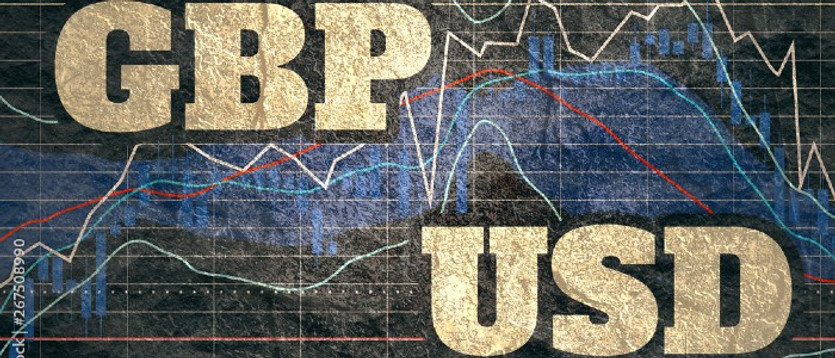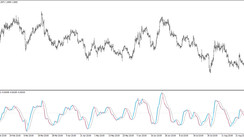Annual inflation in the UK is at its highest level in 30 years, according to data released this morning. The consumer price index (CPI) jumped to 6.2% (year-on-year) in February (vs. 5.5% in January and 5.9% expected), the Office for National Statistics said. Core CPI, which excludes volatile food and energy prices, rose to 5.2% in February (vs. 5% forecast after rising +4.4% in January). According to other articles of the report, the annual retail price index rose to 8.2% (from 7.8% in January), the producer price index (in annual terms) rose to 14.7% (against the forecast of 13.9% and 14.2 % in January).
The market reaction to the publication of these data turned out to be negative: the pound is weakening, and the GBP/USD pair is declining.
The inflation target set by the Bank of England is 2%. Economists expect inflation to pick up further in the coming months as the surge in energy prices weighs on utility costs and the situation in Ukraine exacerbates inflationary pressures. The Bank of England has already raised interest rates three times over the past few months to curb inflation. The central bank expects UK inflation to approach 8% in the 2nd quarter and is likely to reach higher levels later this year. A further increase in interest rates by the Bank of England to curb inflation seems inevitable, economists say. However, in their opinion, the increase in interest rates against the backdrop of high utility bills and higher taxes could slow down the economic recovery by putting too much pressure on consumers. Therefore, the Bank of England may also not raise interest rates for the time being, so as not to put pressure on businesses and consumers in the face of rising inflation. But it will also put pressure on the pound, as it will disappoint investors who expect further monetary tightening from the Bank of England.
Thus, the Bank of England is in a difficult situation, in which it is necessary to approach the process of tightening monetary policy in such a way as not to harm economic growth and economic recovery after severe lockdowns due to the coronavirus.
There are two other factors that cause concern. The first of them is the ever-reminding exit of the UK from the European Union. In this regard, the main stumbling block remains - Northern Ireland, which remains within the framework of the EU customs union, and the constantly arising friction and disagreement of the parties in customs checks when goods cross the border. The original agreement stipulated that Northern Ireland would remain within the EU single market, meaning that goods could move between Northern Ireland and the Republic of Ireland without a hard border.
The UK is set to renegotiate the original Northern Ireland deal as it disrupts trade with the rest of the UK.
Lack of progress in the negotiations between the EU and the UK could force the British government to apply the so-called Article 16. It aims to take protective measures if the protocol causes serious "economic, social or environmental hardship" that is likely to continue. However, there are no specific definitions of what constitutes a "serious difficulty". If the UK initiates Article 16, then the EU may respond with a lawsuit, which will once again aggravate trade relations between them. This will negatively affect both the EU and the UK, and, accordingly, the pound.
The second negative factor for the British economy and the pound is the ongoing military conflict in Ukraine. Economists believe that the growth rate of British GDP may be seriously reduced in the near future because of this.
Meanwhile, the dollar has room for further growth, economists say, amid revised market expectations regarding the Fed's key interest rate outlook.
Recent statements by Fed Chairman Jerome Powell and comments by other central bank leaders about the possibility of increasing borrowing costs by 50 basis points in future meetings only fuel long-term investors' interest in the dollar. This will provide it with a positive momentum, especially against the currencies of European countries vulnerable to events in Ukraine. In particular, the head of the ECB, Christine Lagarde, said earlier this week that "for geographical reasons, Europe is much more prone to war than the United States". This applies equally to the UK.





